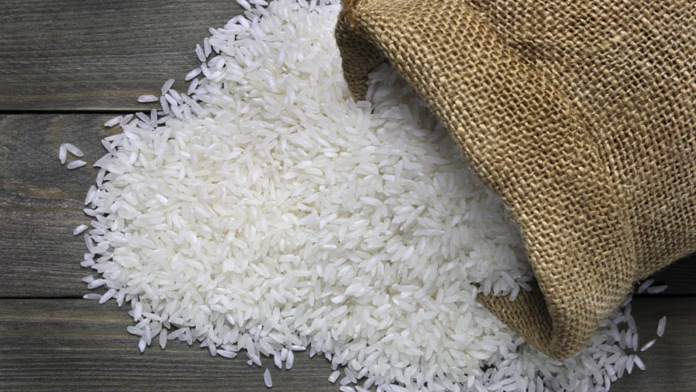According to Pierre-Olivier Gourinchas, the Chief Economist and Director of the IMF, India’s restrictions on the export of specific rice varieties are expected to worsen food price volatility across the globe.
“And they (the ban on rice exports) can also lead to retaliatory measures. So, they are certainly something that we would encourage the removal of these type of export restrictions, because they can be harmful globally,” Gourinchas said in a press conference after it launched World Economic Outlook on Tuesday.
During the press conference, he was questioned about the potential impact of India’s decision to restrict the export of certain rice categories on global inflation.
Significantly, India’s ban on rice exports occurred shortly after Russia’s announcement of withdrawing from the United Nations and Turkey-brokered Black Sea grain deal.
Read More: India prohibits non-basmati white rice exports amidst supply concerns
The Chief Economist of the IMF highlighted the crucial role played by the Black Sea Grain Initiative in ensuring an abundant supply of grain to the world in the previous year.
“And there are estimates of about 33 million tons of grain that were shipped from Ukraine to the rest of the world. And it helped keep price pressures on food and grain prices lower,” Gourinchas said.
“…now that this grain deal has been suspended, the same mechanics works in reverse, and it’s likely to put upward pressure on food prices,” he added.
According to the IMF economist, grain prices are projected to increase by 10-15 percent.
On the last Thursday, the central government made amendments to the rice export regulations, placing non-basmati white rice in the “prohibited” category.
The export policy concerning non-basmati white rice (Semi-milled or wholly milled rice, whether or not polished or glazed: Other) was promptly changed from “free” to “prohibited,” and the new policy took effect immediately.
Nevertheless, exports will be permitted on the condition that the government grants permission to other countries to fulfill their food security requirements, as per their respective government’s requests.
India’s non-basmati rice is primarily imported by several countries, including Benin in West Africa. Additionally, other major destination countries for this rice variety include Nepal, Bangladesh, China, Cote D’Ivoire, Togo, Senegal, Guinea, Vietnam, Djibouti, Madagascar, Cameroon, Somalia, Malaysia, Liberia, and the United Arab Emirates (UAE).
In September 2022, India implemented a ban on the export of broken rice and imposed a 20 percent duty on non-Basmati rice exports, excluding parboiled rice. This decision was driven by concerns over an anticipated decrease in production caused by a reduction in the paddy crop area. However, in November, the ban was subsequently lifted.





